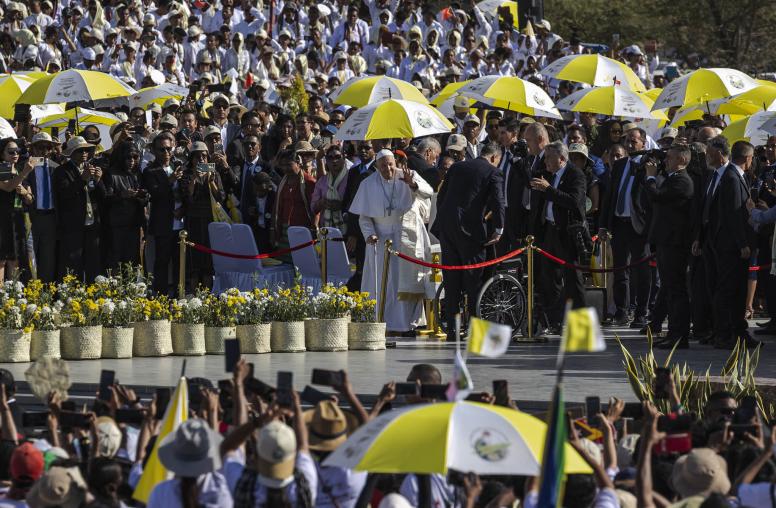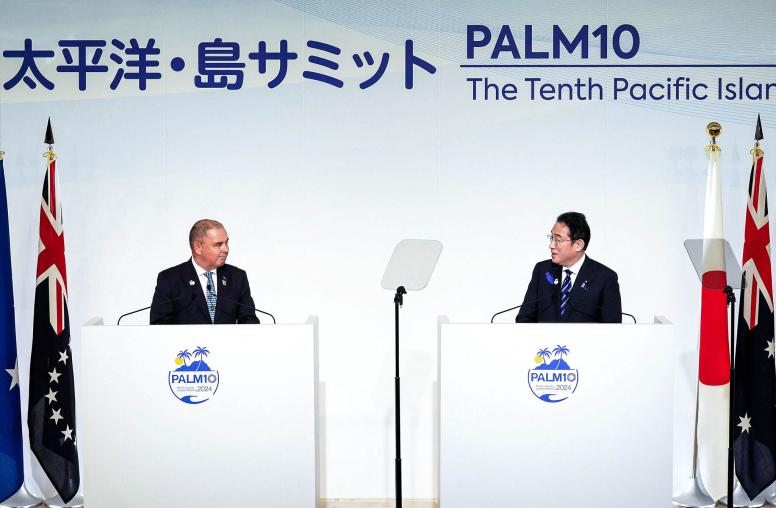Everyday Fragility and Stability in Papua New Guinea
A Look at Local Initiatives for Stability in Morobe Province with Dr. Melissa Demian
The U.S. government has identified Papua New Guinea as a priority partner country under the U.S. Strategy to Prevent Conflict and Promote Stability (SPCPS), with Morobe Province being named one of the two focus provinces in the SPCPS’s new 10-year plan. Understanding community-level fragility experiences, narratives, and solutions is essential to successful engagement in enhancing local capacity to prevent conflict and promote stability — not just in Morobe Province, but in Papua New Guinea and beyond.
On June 7, USIP hosted a conversation with Dr. Melissa Demian on how fragility is experienced, perceived and overcome in Morobe Province, with a focus on its capital, Lae. The discussion considered how Dr. Demian’s research on fragility issues and community efforts can support the durability of life in the city of Lae.
Continue the conversation on Twitter using #PNGStability.
Speakers
Dr. Gordon Peake, moderator
Senior Advisor, Pacific Islands, U.S. Institute of Peace
Dr. Melissa Demian
Senior Lecturer, University of St. Andrews
Zuabe Tinning
Program Manager, Papua New Guinea, U.S. Institute of Peace
Ruth Kissam
Senior Advisor, Papua New Guinea, U.S. Institute of Peace



